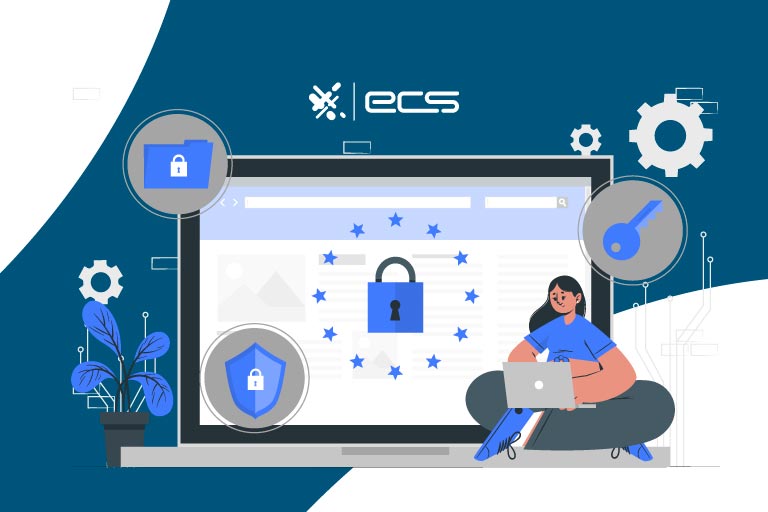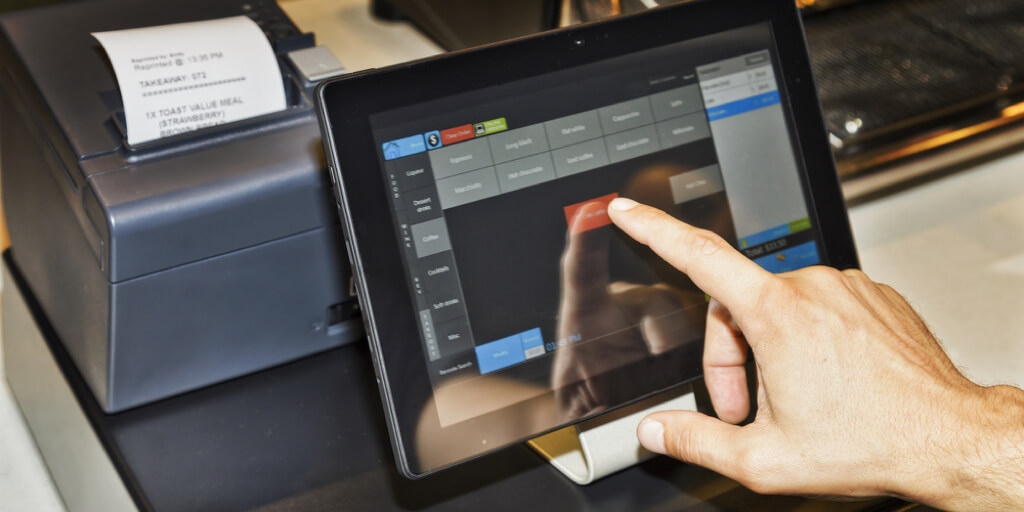How to Ensure PCI Compliance with Your POS System

In today’s digital age, protecting customer payment data is critical for every business, especially those relying on point-of-sale (POS) systems. The Payment Card Industry Data Security Standard (PCI DSS) provides guidelines to ensure secure handling of cardholder information, helping businesses avoid data breaches, fraud, and penalties. Compliance with PCI DSS is not just a legal obligation but also a way to build trust and enhance customer loyalty. Here’s how you can ensure PCI compliance with your POS system.
Understanding PCI DSS Compliance
PCI DSS compliance is a set of security standards developed by major credit card brands to protect cardholder data. Any business that accepts, processes, stores, or transmits credit card information must comply with these standards. Compliance is categorized into four levels based on the volume of transactions processed annually, and requirements vary depending on your business size and POS system setup.
Non-compliance can lead to severe consequences, including hefty fines, reputational damage, and loss of customers. Therefore, ensuring that your POS system adheres to PCI DSS is essential for safeguarding your business.
Steps to Ensure PCI Compliance with Your POS System
- Choose a PCI-Compliant POS System: Start by selecting a POS system that is designed to meet PCI compliance requirements. Reputable providers often build systems with strong encryption, tokenization, and secure payment processing capabilities. Always verify that the system is validated by the PCI Security Standards Council (PCI SSC).
- Implement Secure Network Practices: POS systems often rely on Wi-Fi or other network connections. Ensure your network is secure by:
- Using strong, unique passwords for routers and POS systems.
- Implementing firewalls to prevent unauthorized access.
- Regularly updating software and firmware to protect against vulnerabilities.
- Encrypt Payment Data: Encryption ensures that payment data is scrambled during transmission, making it unreadable to hackers. Your POS system should support end-to-end encryption (E2EE) to secure data from the moment it is entered until it reaches the payment processor.
- Enable Tokenization: Tokenization replaces sensitive cardholder data with unique tokens that have no exploitable value. This ensures that even if a breach occurs, the stolen data cannot be used.
- Restrict Access to Cardholder Data: Limit access to payment data to only those employees who need it to perform their job duties. Implement multi-factor authentication (MFA) for accessing sensitive information and monitor access logs regularly for suspicious activities.
- Regularly Monitor and Test Your Systems: Conduct vulnerability scans and penetration tests on your POS system and network to identify and address security weaknesses. Many PCI compliance levels require quarterly or annual scans by an approved scanning vendor (ASV).
- Maintain a Secure Environment: Ensure that all devices connected to your POS system, such as tablets, printers, or customer-facing terminals, are secure. Avoid using shared devices for non-business activities and maintain physical security by locking down POS terminals when not in use.
- Train Your Staff: Employee errors are a common cause of data breaches. Train your staff on PCI compliance best practices, including:
- Recognizing phishing attempts.
- Securing login credentials.
- Reporting suspicious activity immediately.
- Maintain a PCI Compliance Policy: Develop and document policies and procedures related to data security and PCI compliance. Ensure that all employees are aware of and adhere to these policies.
- Stay Updated with PCI DSS Standards: The PCI DSS requirements evolve to address new security threats. Stay informed about updates and ensure your POS system and practices remain compliant.
Benefits of PCI Compliance
Achieving and maintaining PCI compliance offers several advantages:
- Enhanced Security: Protecting customer data reduces the risk of breaches and fraud.
- Customer Trust: Compliance demonstrates your commitment to safeguarding sensitive information, fostering customer confidence.
- Avoidance of Penalties: Non-compliance can result in significant fines and legal consequences.
- Business Continuity: Robust security measures reduce downtime caused by potential attacks.
- Competitive Advantage: Compliance can differentiate your business as a secure and trustworthy option in a competitive market.
Common Challenges and Solutions
While achieving PCI compliance can be complex, the right approach can simplify the process:
- Challenge: High implementation costs. Solution: Start with foundational measures such as encryption and work with a PCI-compliant provider.
- Challenge: Keeping up with evolving standards. Solution: Partner with a knowledgeable POS vendor who provides regular updates and support.
- Challenge: Limited technical expertise. Solution: Hire a Qualified Security Assessor (QSA) to guide you through compliance requirements.
Conclusion
PCI compliance is an essential aspect of running a secure and successful business. By implementing a PCI-compliant POS system, adopting best practices, and staying informed about evolving standards, you can protect your customers’ data and your business’s reputation. Investing in compliance not only mitigates risks but also positions your business as a trustworthy and reliable partner in the competitive marketplace.






